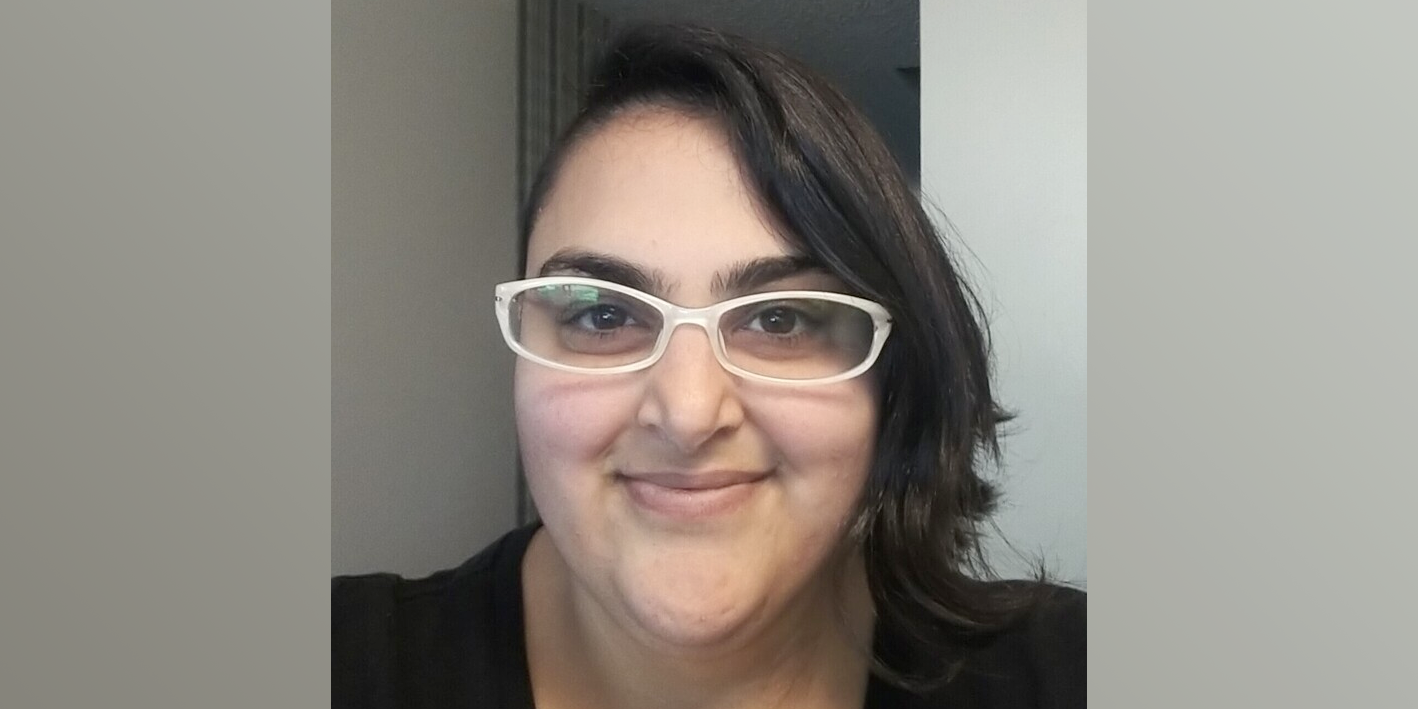
16 Jul 2020
Get to Know Our Expert Trainers – Sadiya Abjani, Director of Learning and Equity
We sat down with Sadiya Abjani, our Director of Learning and Equity, and asked her a few questions to share with all of you.
How and why did you get started as a SAGECare certified trainer?
The organization I worked for in DC worked with SAGE on a project around housing discrimination. Through that project, I got to know a few of the amazing individuals that work at SAGE. After a year of collaboration, there was an opening at the NYC office for a Training Specialist. Working directly with people I had grown to admire and work that I was passionate about was too good to pass up.
I applied in late October of 2015, and by December 1st, I was packing my belongings into a U-Haul and driving up to New York to work at SAGE. My first day on the job, my supervisor, Tim Johnston, had me attend a training that he was facilitating. I knew immediately I had made the right choice, after seeing the material, and his ability to put trainees at ease, I knew I was at a place where I could not only grow but also excel. After almost five years at this organization, I am no less inspired by my coworkers or less passionate about our mission.
What is your background?
I am the child of Pakistani Ismaili Muslim immigrants, born and raised in Texas. I received my BA in English and Islamic Studies at the University of Texas at Austin. I’ve been teaching and delivering pieces of training since I was 17 years old. First, in the Jamatkhana (mosque), and then professionally right after college. I’ve also been involved in queer Muslim activism for almost ten years, as well as activism around other vital issues.
What is the best story you can provide from your experience as a trainer?
I’ve delivered so many trainings I can’t even begin to put a number on it, but there are a few stories that stick out quite clearly. In one four-hour management training, there was a quiet woman; her body language was that of someone who was immensely uncomfortable. She even looked angry at moments. I’ve seen this many times and assumed it was about the content – not everyone has the same comfort level with LGBT topics, and that’s perfectly OK! Our goal is to get everyone to a space of understanding and comfort. Once the training was over, she waited patiently for everyone to leave. Individuals were waiting to speak with me after the class, with some of the conversations lasting about 15-20 minutes, and still, she remained in the back.
Once everyone had left the room, I braced myself for a tough conversation, but instead, she cried. She cried about her son, about her love for him, about her fears that he would get hurt. She cried because she realized that her anger and lack of acceptance were rooted in fear and not hate. During the training, she was crying and experiencing her realization, and with each new fact she learned, she understood that she needed to be the one person who loved her son unconditionally, who was his source of joy because the world might not treat her son the way he should be treated.
That conversation showed me that even though I have been doing this for years, I can’t anticipate what someone is thinking or how they feel. It showed me that this training is changing lives. Being a participant at that moment was indeed life-altering, and by the end of that conversation, we both cried.
Tell us why you feel LGBT cultural competency training is essential?
I think these trainings are essential for a variety of reasons. LGBT older adults are not receiving the care they need. LGBT older adults also feel unsafe accessing care and delay accessing care. Those two issues are addressed by the work we do. By training care providers on the needs and history of LGBT individuals, we can provide the expertise needed to ensure a high level of inclusive care for our community members.
We can also act as the first line of defense – in a way – answering the questions that care providers have always wanted to ask, and working with those individuals that may have some trouble or difficulties understanding why LGBT older adults have specific needs in care provision. SAGE as a whole works to educate and empower our LGBT elders to seek and demand the care they deserve, instead of delaying medical care. By addressing the issue from both sides, we work to create more accessible trained care providers.
What advice do you have for allies?
I would urge allies to take the time to hear people’s stories. We all have a story to tell, and often that story has been hidden away, doled out piecemeal, out of fear or shame.
Take the time to listen to your constituents or patients, understand their narrative, provide comfort in what may be a space of immense anxiety. Allow people to live their entire story out loud, be all of who they are, without fear, this will indeed allow us to achieve better person-directed care.
Want to ask Sadiya a question? Put it the comments section, and we will get back to you.
